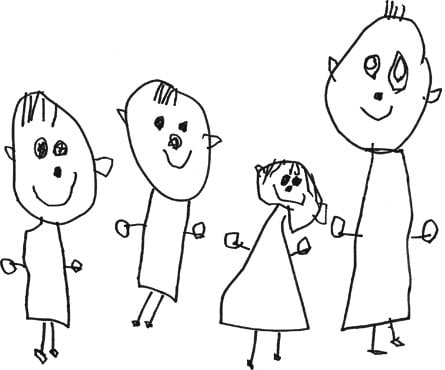Want more information?
Contact us today!

"Your experience, kindness, and the way you challenge students to do their best is masterful."
Teachers observe children as they play, paying close attention to recurring themes, children’s understandings and misunderstandings, developmental issues, and underlying questions. Our observations guide our curriculum planning, as we create novel opportunities for children to deepen their thinking, represent their understandings and encounter new perspectives. We cherish what we learn from one another and respect each other’s contributions.

Katie is Director qualified for a large childcare center and holds an Early Childhood Education Credential from the Colorado Department of Human Services and the Colorado Department of Education. She holds a Bachelor’s degree from Wheaton College.

Sharon is Director qualified for a large childcare center and holds an Early Childhood Education Credential from the Colorado Department of Human Services and the Colorado Department of Education. She holds a Master’s degree in Special Education from the University of Northern Colorado and a Bachelor’s degree in Communication Disorders from Emerson College in Boston.
Being an early childhood educator within the Reggio Emilia approach is complex. The role of the teacher is first and foremost to be that of a learner alongside the children. The teacher is a teacher-researcher, a resource and guide as she/he lends expertise to children (Edwards, 1993). Within such a teacher-researcher role, educators carefully listen, observe and document children’s work and the growth of community in their classroom. Teachers provoke, co-construct, and stimulate thinking and children’s collaboration with peers. Teachers are committed to reflection about their own teaching and learning.

"Your experience, kindness, and the way you challenge students to do their best is masterful."